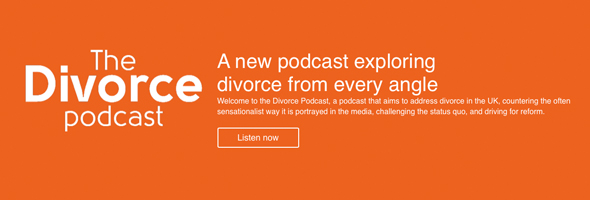5 Parenting Habits After Divorce: Tips For Supporting Children | Resources & Guidance
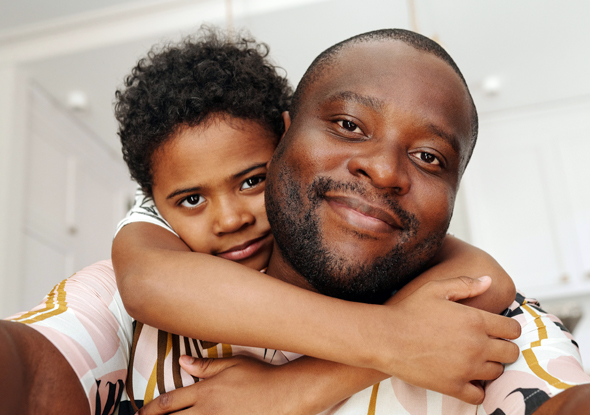
- This blog contains affiliate links, which we may receive a commission for purchases. The decision is yours, whether or not you decide to buy.
Divorce can be a challenging and stressful time for families, especially for children. However, there are parenting habits that can benefit children after divorce and help them adjust to their new circumstances.
In this blog post, we will answer the top 5 key questions on this topic asked in the UK, providing tips and guidance for parents looking to support their children after divorce.
We will also share some useful UK website references for further information and resources on this important topic.
1. What are some common mistakes parents make during and after a divorce that can negatively impact their children?
- Criticizing or badmouthing the other parent in front of the children
- Involving children in adult issues and conflicts
- Disrupting established routines and expectations
- Failing to provide emotional support or validation to children
- Ignoring or downplaying children's concerns or feelings about the divorce
Divorce is a difficult time for everyone involved, but it's important for parents to put their children's needs first and avoid making these common mistakes.
2. How can parents create a positive co-parenting relationship after a divorce?
- Practice good communication, even if it's difficult or uncomfortable
- Set clear boundaries and expectations for co-parenting responsibilities
- Focus on the child's needs, rather than individual needs or wants
- Be flexible and willing to compromise when necessary
- Recognize and respect each other's parenting strengths and weaknesses
By prioritizing a positive co-parenting relationship, parents can create a stable and supportive environment for their children, even after a divorce.
3. How can parents help their children adjust to their new living arrangements after a divorce?
- Create a consistent routine and schedule
- Encourage open and honest communication about feelings and concerns
- Provide reassurance that both parents still love and support them
- Help children maintain relationships with friends and extended family members
- Provide opportunities for children to express themselves creatively and positively
By taking an active and supportive role in their children's adjustment to new living arrangements, parents can help them feel safe and secure during this difficult time.
4. What are some key emotional and psychological impacts of divorce on children?
- Feelings of guilt or responsibility for the divorce
- Anxiety, fear, or insecurity about the future
- Anger, resentment, or confusion about the divorce
- Reduced self-esteem and self-worth
- Difficulty forming and maintaining relationships with peers and adults.
By being aware of these potential impacts, parents can take steps to mitigate them and provide support and guidance to their children.
5. What resources are available to parents and children after a divorce in the UK?
- Family mediation services to help parents resolve disputes and make arrangements for children
- Counseling and therapy services for children and parents to address emotional and psychological impacts of divorce
- Parenting support groups and workshops to provide guidance and practical advice for co-parenting after divorce
- Legal services to help parents understand their rights and responsibilities in relation to custody, visitation, and child support
By utilizing these resources, parents and children can receive the support and guidance they need to navigate the challenges of divorce and create a positive future for themselves.
In summary, divorce is a difficult and stressful time for families, but by prioritizing the needs of children, practicing good communication, and seeking out support and resources, parents can create a stable and positive environment for their children even after a divorce.
Useful UK website references for further information on this topic include:
Disclaimer: The information in this blog post is for educational and informational purposes only. It is not a substitute for professional advice or treatment. The author and publisher make no warranties about the completeness, accuracy, or reliability of the information. Use the information at your own risk and always consult a qualified professional for advice on your individual situation. The author and publisher will not be liable for any losses or damages arising from the use of this information.
PHOTO: VANESSA LORING
You may also like
Books
Buy now from Amazon
- The Family Lawyer’s Guide to Separation and Divorce
- Talking to Children About Divorce
- Parenting Apart
Podcast
Kate Daly is co-founder of amicable and host of the The Divorce Podcast. Kate created The Divorce Podcast to discuss and demystify divorce, separation and co-parenting in the UK. In each episode, Kate is joined by experts in their field to explore divorce and separation from every angle.
Articles
- Getting Back With Your Ex: The Pros And Cons
- How To Be Great Parents Through Separation And Beyond
- Splitting Assets Fairly In Divorce
Parenting professionals
Related Posts
-
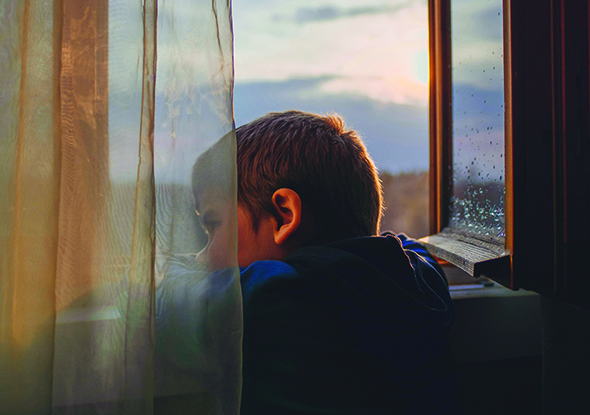
Successful Co-Parenting After Divorce: A Practical Guide for Separated Families
-
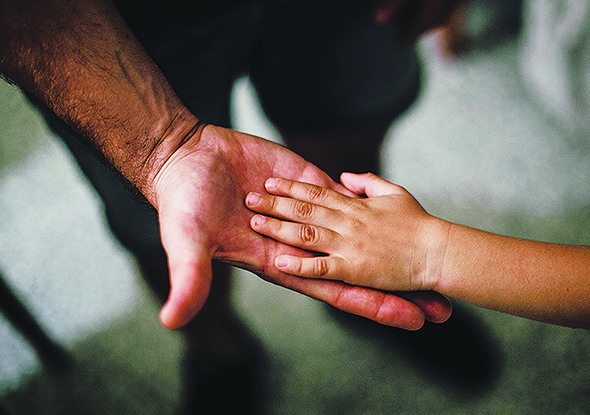
How to Support Your Children Through Divorce: 4 Practical Steps for Parents
-
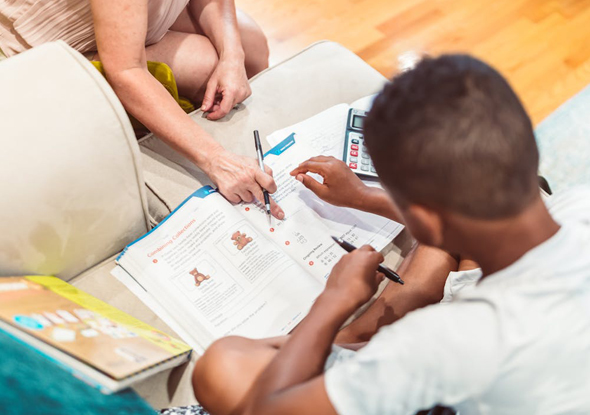
Top 5 Essentials For An Effective Parenting Plan
-
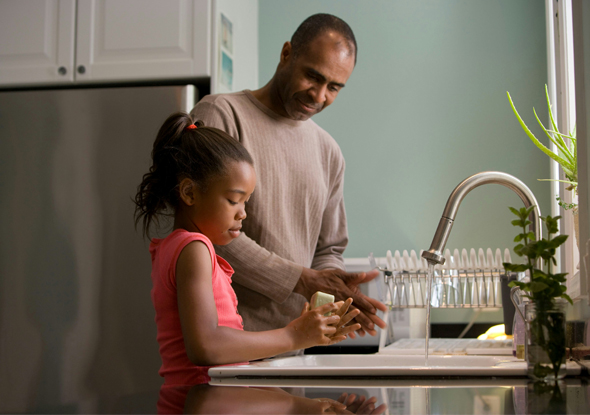
10 Parenting Strategies To Foster A Strong Bond Between Parents & Kids
-
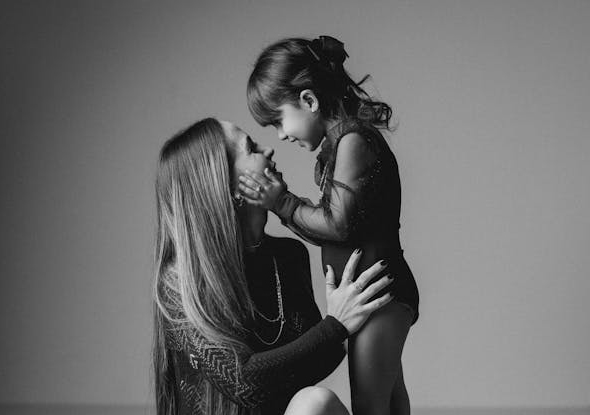
Navigating The Transition To Single Parenthood After Divorce

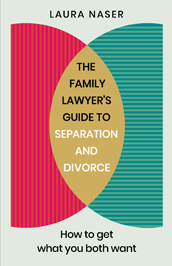
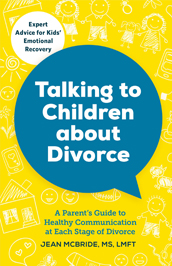
.jpg)
